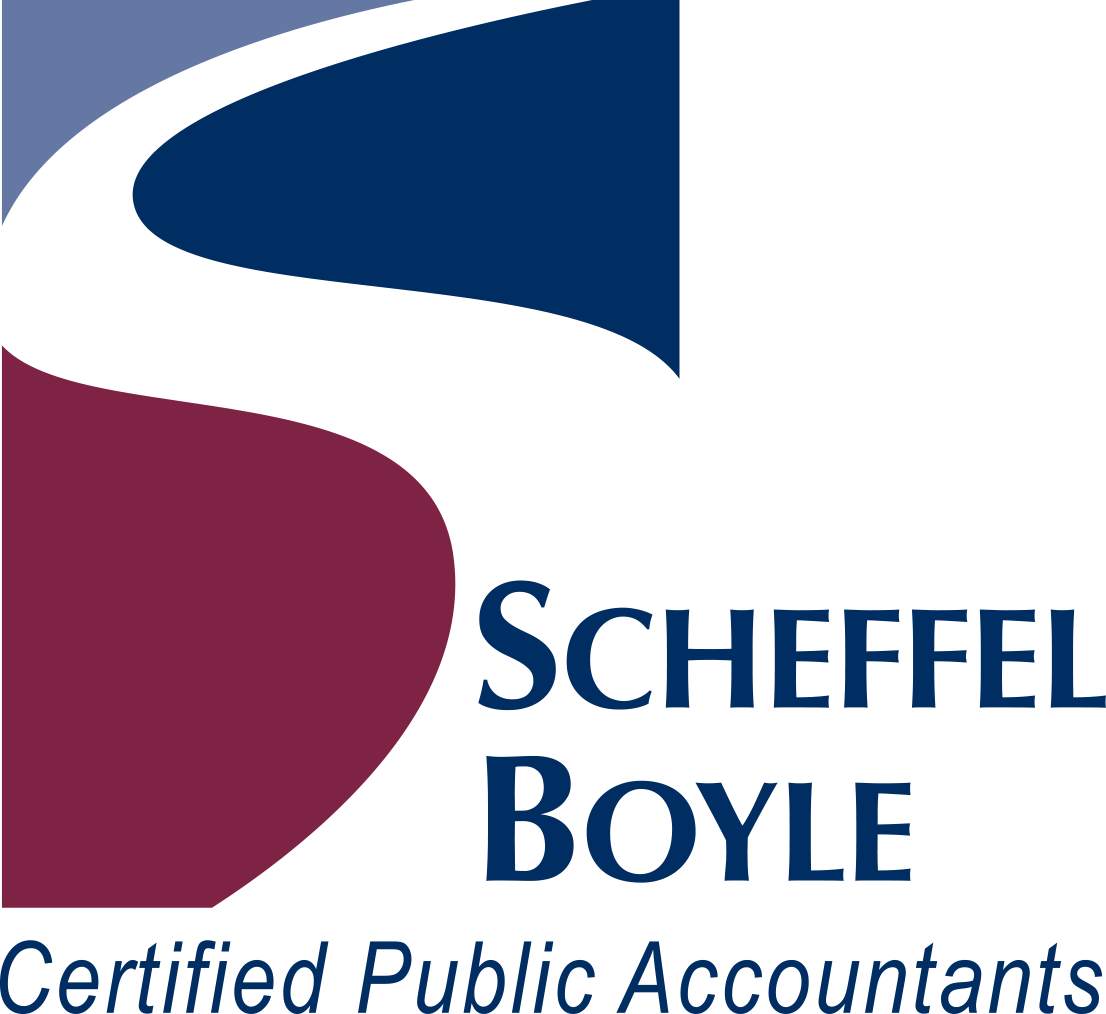Year-End Tax Strategies for Accrual-Basis Businesses
The last month or so of the year offers accrual-basis taxpayers an opportunity to make some timely moves that might enable them to save money on their 2018 tax bills. The key to saving tax as an accrual-basis taxpayer is to properly record and recognize expenses that were incurred this year but won’t be paid until 2019. Doing so will enable you to deduct those expenses on your 2018 federal tax return.
Common examples of such expenses include commissions, salaries and wages; payroll taxes; advertising; and interest. Also look into expenses such as utilities, insurance and property taxes. You can also accelerate deductions into 2018 without paying for the expenses in 2018 by charging them on a credit card. (This works for cash-basis taxpayers, too.)
In addition, review all prepaid expense accounts and write off any items that have been used up before the end of the year. If you prepay insurance for a period beginning in 2018, you can expense the entire amount this year rather than spreading it between 2018 and 2019, as long as a proper method election is made. This is treated as a tax expense and thus won’t affect your internal financials.
There are many other strategies to explore. Review your outstanding receivables and write off any receivables you can establish as uncollectible. Pay interest on all shareholder loans to the company. Update your corporate record book to record decisions and be better prepared for an audit. Interested? We can provide further details on these and other year-end tax tips for accrual-basis businesses.



